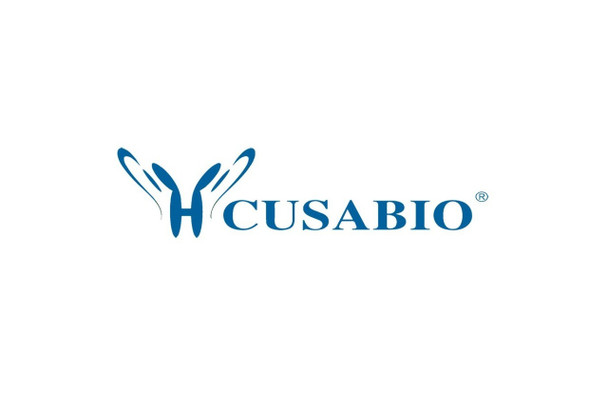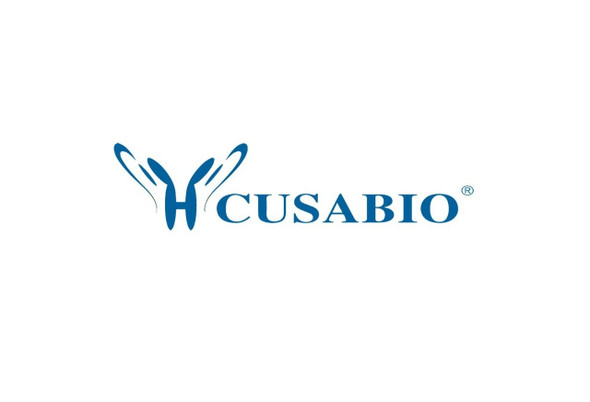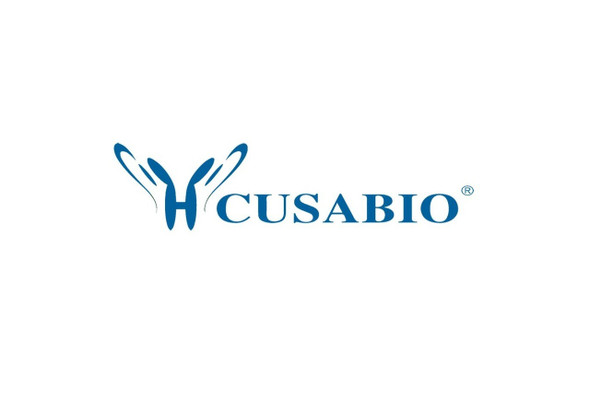Cusabio Polyclonal Antibodies
U2AF1L4 Antibody | CSB-PA837850ESR1HU
- SKU:
- CSB-PA837850ESR1HU
- Availability:
- 3 to 7 Working Days
Description
U2AF1L4 Antibody | CSB-PA837850ESR1HU | Cusabio
U2AF1L4 Antibody is Available at Gentaur Genprice with the fastest delivery.
Online Order Payment is possible or send quotation to info@gentaur.com.
Product Type: Polyclonal Antibody
Target Names: U2AF1L4
Aliases: Splicing factor U2AF 26 kDa subunit (U2 auxiliary factor 26) (U2 small nuclear RNA auxiliary factor 1-like protein 4) (U2AF1-like 4) (U2 (RNU2) small nuclear RNA auxiliary factor 1-like protein 3) (U2 small nuclear RNA auxiliary factor 1-like protein 3) (U2AF1-like protein 3), U2AF1L4, U2AF1-RS3 U2AF1L3
Background: RNA-binding protein that function as a pre-mRNA splicing factor. Plays a critical role in both constitutive and enhancer-dependent splicing by mediating protein-protein interactions and protein-RNA interactions required for accurate 3'-splice site selection. Acts by enhancing the binding of U2AF2 to weak pyrimidine tracts. Also participates in the regulation of alternative pre-mRNA splicing. Activates exon 5 skipping of PTPRC during T-cell activation; an event reversed by GFI1. Binds to RNA at the AG dinucleotide at the 3'-splice site (By similarity) . Shows a preference for AGC or AGA (By similarity) .
Isotype: IgG
Conjugate: Non-conjugated
Clonality: Polyclonal
Uniport ID: Q8WU68
Host Species: Rabbit
Species Reactivity: Human
Immunogen: Recombinant Human Splicing factor U2AF 26 kDa subunit protein (1-202AA)
Immunogen Species: Human
Applications: ELISA, IHC
Tested Applications: ELISA, IHC; Recommended dilution: IHC:1:20-1:200
Purification Method: Antigen Affinity Purified
Dilution Ratio1: ELISA:1:2000-1:10000
Dilution Ratio2: IHC:1:20-1:200
Dilution Ratio3:
Dilution Ratio4:
Dilution Ratio5:
Dilution Ratio6:
Buffer: PBS with 0.02% sodium azide, 50% glycerol, pH7.3.
Form: Liquid
Storage: Upon receipt, store at -20°C or -80°C. Avoid repeated freeze.
Initial Research Areas: Epigenetics and Nuclear Signaling
Research Areas: Epigenetics & Nuclear Signaling











